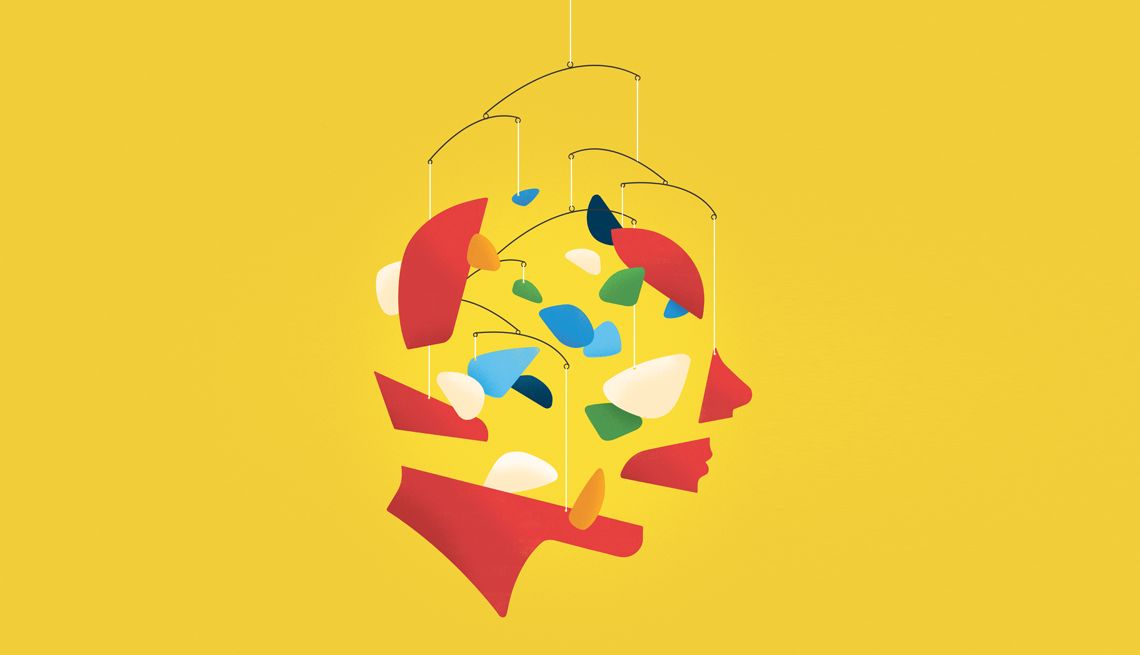AARP Hearing Center
CLOSE ×
Search
Popular Searches
- right_container
- Health
- Money
- Work & Jobs
- Social Security
- Medicare
- Caregiving
- Games
- Travel
- More...
- Entertainment & Style
- Family & Relationships
- Personal Tech
- Home & Living
- Auto
- Staying Sharp
- Podcasts
- Videos




























































More From AARP
Why Do We Mix Up Names?
Calling a person by the wrong name is a common mistakeWhat Goes On in the Brain When We Dream?
Plus, when they happen during sleep and how they evolve as we ageStaying Sharp: The Six Pillars of Brain Health
Visit AARP® Staying Sharp® to learn more about the six pillars of brain health